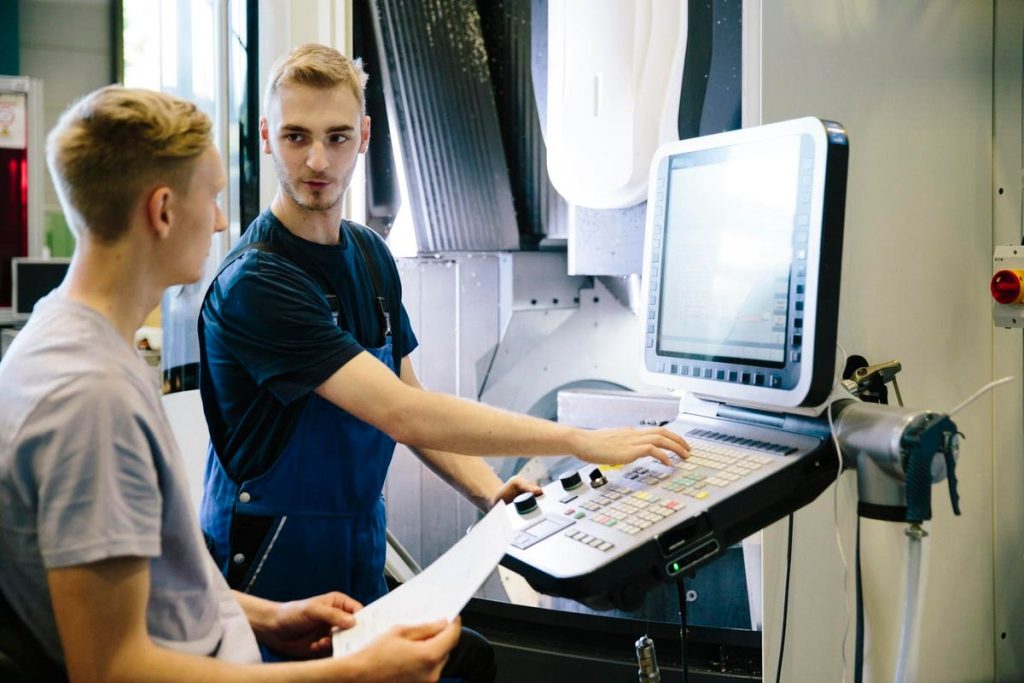Founder and attorney at Law Office of Saeed Jaberi, specializing in Business Immigration, helping clients establish businesses in Germany.
One of the most challenges faced by businesses across industries is the shortage of skilled workers in today’s global economy. The talent gap created by the rapid advancement of technology, demographic changes and evolving skill requirements has created a significant obstacle that keeps businesses from growth and economic development.
Countries take a step toward solving this problem by examining how Germany is dealing with its skilled worker shortage. Germany is renowned for its vocational education and training system and is emerging as a success story in tackling this issue head-on. Therefore it can be theorized that the main solution comes from connecting the educational system to professional work.
Germany has developed its job market during a time of a skilled worker shortage by taking the following actions.
Encourage Collaboration Between Businesses And Schools
At the heart of Germany’s strategy lies its dual education system, a unique combination of practical on-the-job training and theoretical classroom instruction. This system enables young individuals to acquire the necessary skills and knowledge required by the labor market. Through a collaboration between businesses and vocational schools, students gain valuable experience in real work environments, fostering a seamless transition from education to employment.
Promote Apprenticeship Programs
Germany’s emphasis on apprenticeship programs plays an important role in educating a highly skilled workforce. These programs provide students with practical training while earning a wage, instilling a sense of responsibility and professionalism. By actively involving businesses in the training process, apprenticeship programs align with industry needs, ensuring a steady supply of skilled workers in various sectors, including manufacturing, engineering and technology.
Work With Universities To Create Tailored Curricula
Strong industry-university collaboration is a key component of Germany’s success. Companies collaborate with universities to develop tailored curricula that meet industry requirements. This partnership creates innovation, facilitates knowledge exchange, and ensures graduates gain the necessary skills to succeed in the job market. As a result, businesses can access a pool of talent educated with the specific skills needed for their growth and competitiveness.
Engage With Foreign Skilled Workers
Recognizing the need for a talent pool, Germany actively engages with skilled workers from other countries. Programs, such as the EU Blue Card, offer simplified work permits and residence rights to highly qualified non-European professionals. Germany also offers other programs like the Job Seeker Visa and Skilled Employment Visa. Student Visa, Family Reunification and the Business Immigration Visa also attract skilled workers to come to Germany. I will be covering more about these programs and other changes specific to Germany’s migration law designed to attract additional workers in a future article.
The shortage of skilled workers is a global concern, and Germany’s approach provides valuable lessons for businesses worldwide. These initiatives have not only ensured a continuous supply of skilled talent but have also contributed to sustained economic growth and competitiveness. I would encourage other countries to take similar steps to minimize the shortage of skilled workers to create a more developed job market worldwide.
Forbes Business Council is the foremost growth and networking organization for business owners and leaders. Do I qualify?
Read the full article here










